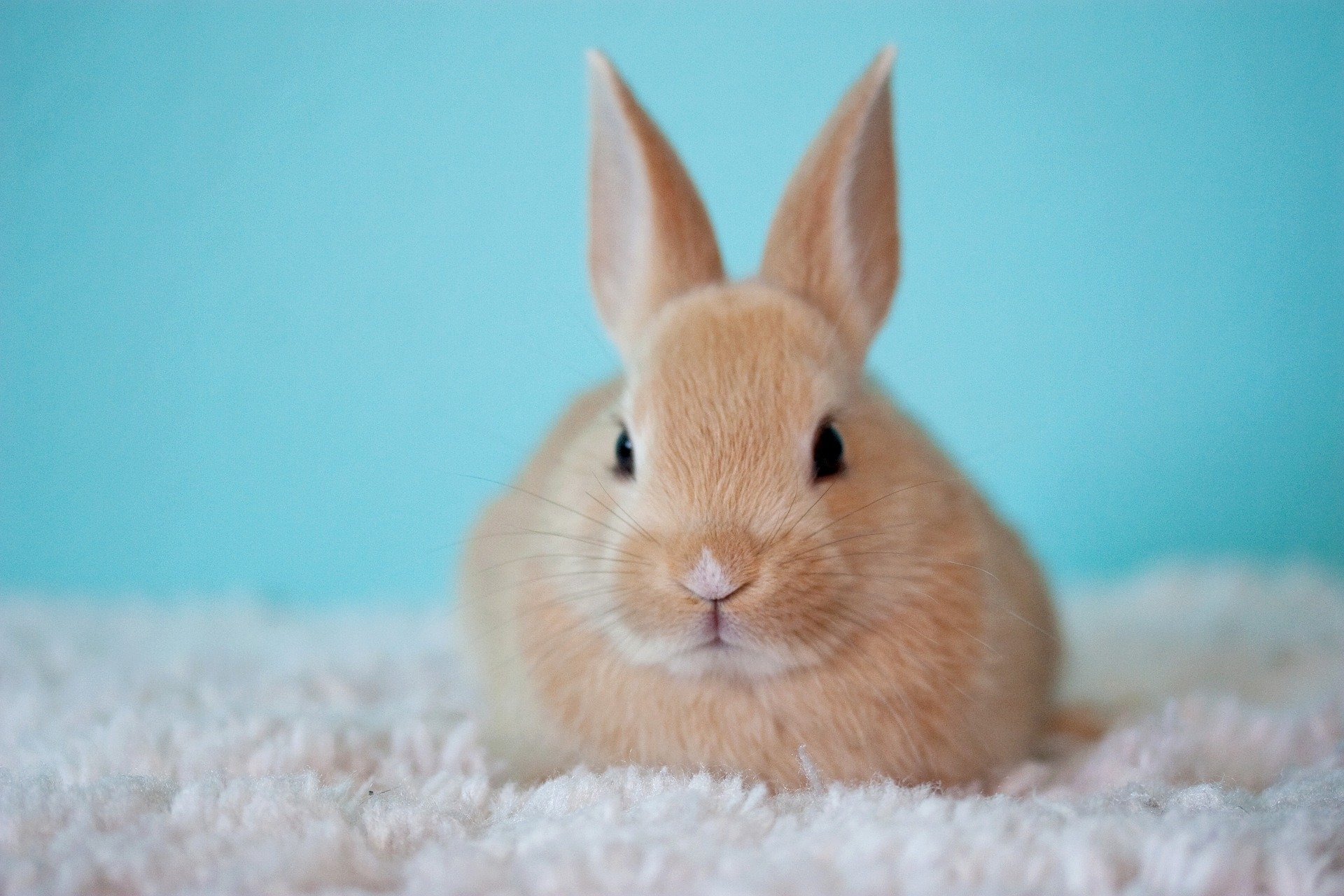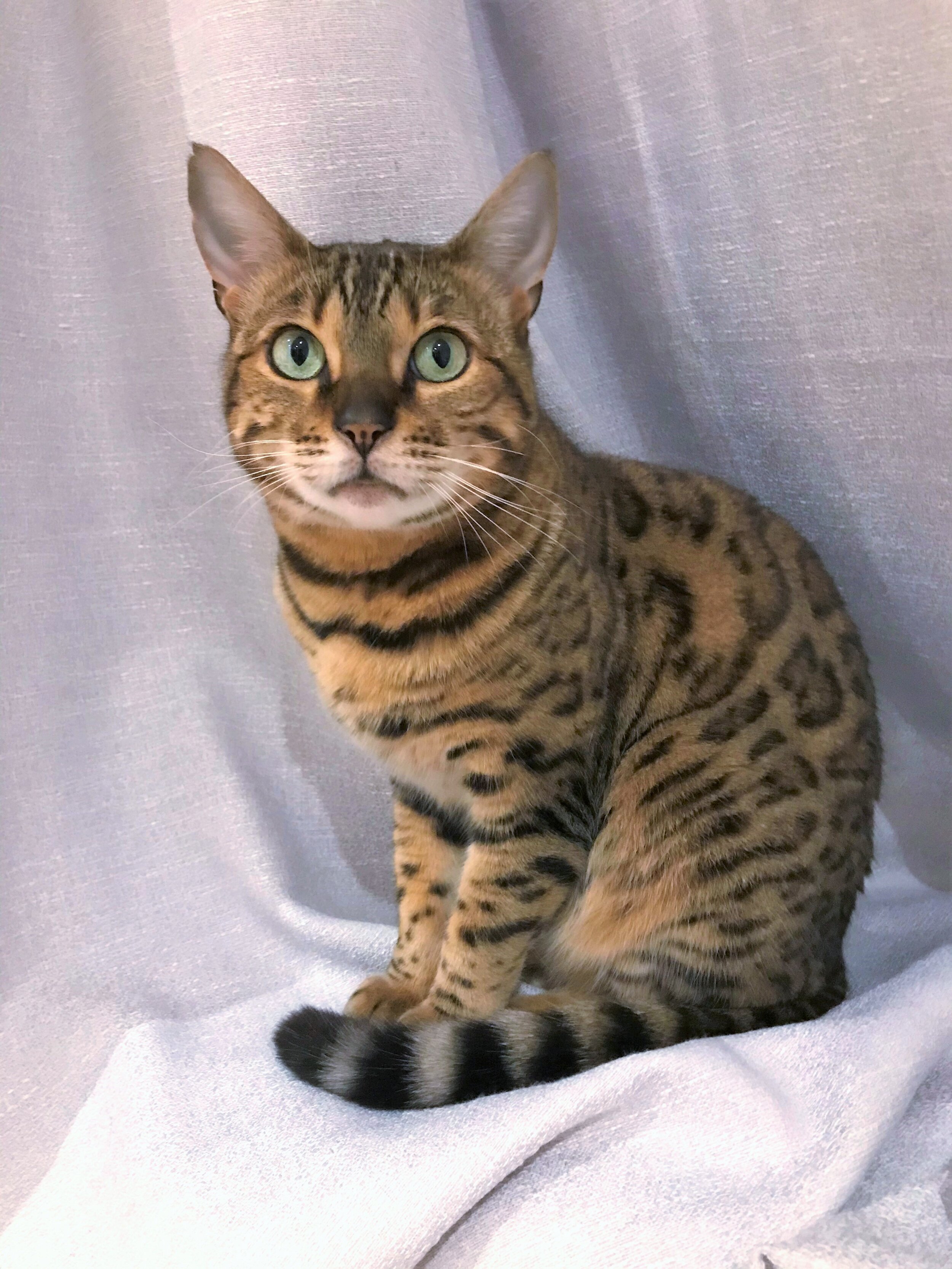For some people pets are quite simply a lifeline. Speak to any pet owner and they’ll reel off an endless list of ways their pets have improved their lives.
They can be our best friends and for a patient with chronic illness a furry friend can provide much more than companionship and cuddles. Studies show that animals can help with everything from lowering stress and blood pressure, to battling depression and helping with chronic pain.
My cat, Willow, stops me from feeling lonely as I chat away to her and being a Bengal she obligingly answers back! It’s also great having someone waiting for you when you get home.
Pets will love you unconditionally, no matter how you’re feeling, some can even sense you’re not feeling at your best and try to comfort you, they never judge and will never say, “but you don’t look sick.”
““Dogs are very present. If someone is struggling with something, they know how to sit there and be loving,” says Dr. Ann Berger, a physician and researcher at the NIH Clinical Center in Bethesda, Maryland. “Their attention is focused on the person all the time.””
It’s not an easy commitment to care for a pet when you have lupus, but the rewards can make all the difference in the world.
Preventing loneliness
Living with a chronic illness can be isolating and lonely, many lupus patients are housebound and spend long periods of time on their own. Anyone who owns a pet knows that they are part of the family and sometimes our pets can be our only family. Whether it’s a cat, dog, bird or even a fish, with a pet you are never truly alone.
Preventing loneliness is definitely the biggest benefit of having a pet for me. I spend a lot of time at home and during the pandemic I’ve spent even more time there. Had it not been for the fact I had a cat I would have been totally alone and not seen or spoken to anyone (apart from my lovely postmen) for days. When my cat Sophie sadly passed away at the beginning of April having had her company for 14 years it was very quiet without her. I adopted another cat, Willow, in July, which was much faster than I might have done in ‘normal’ circumstances, but when you spend most of your time in your house as we’re currently doing, it can be lonely by yourself.
Reducing stress
Pets help us relax, stroking your cat or dog or simply watching fish swim around in a tank can reduce stress levels. For me there’s nothing more relaxing than listening to a happy cat purring. If a cat or dog sounds like too much responsibility, you could consider a fish, bird, guinea pig or a pet that requires less constant care and attention as they all help with stress levels. Maybe you could foster a pet for a charity, that would also give you a good idea of what sort of pet is best for you, or indeed, whether having a pet at all is for you.
Health benefits
As if you needed another reason to love your furry friend, your pet could enhance your life and contribute to your health and happiness. This is an interesting read on the subject of cats “10 scientific benefits of owning cat”.
There’s no question that snuggling with a puppy feels good, but research also points to physical changes that occur within the body during patient/pet interactions. According to a 2012 paper published in Frontiers in Psychology, the increased oxytocin observed during human-animal interaction is proposed as the key reason for its positive psychosocial and psychophysiological effects. 10 Oxytocin, a hormone secreted by the posterior lobe of the pituitary gland, is sometimes known as the “cuddle hormone” or the “love hormone,” because it is released when people snuggle or bond socially, resulting in feelings of warmth and affection
Regular walking or playing with pets can decrease blood pressure in response to mental stress, cholesterol levels, and triglyceride levels. Research shows that pet owners have a decreased risk for death due to MI and all cardiovascular diseases (including stroke). Chronic illness and depression tend to go hand in hand and again it has been proven that pets help with mental health, be it a ‘bad day’ or something more serious.
Pets are great for our mental health too. A number of studies have concluded that pets benefit people with a number of mental health problems. The conclusion of a recent review into these studies by Dr. Helen Louise Brooks, from the University of Liverpool, was that pet ownership has a valuable contribution to mental health and should be incorporated into individual care plans for patients. Having a family pet can really help when children are feeling upset as it is someone they can talk to if they feel they can’t speak to an adult. Having pets in our lives can definitely brighten up even our darkest days.
Providing a distraction
Let’s face it when you’re alone and in pain that’s all you can think about. When you have a pet to care for you have to think of them too, even if just temporarily.
They can also be very entertaining, my cat makes me laugh many times every single day.
A reason to get out of bed
During a pandemic in particular, it’s sometimes difficult to get into a routine. Having a pet makes you do that. My cat wakes me up pretty much spot on 7.30 every day, I can’t complain as I have a rare cat in the fact she goes to sleep at about 10.30pm and then never stirs again until 7.30am!
Cats and dogs in particular benefit from a routine, I know my cat likes everything done at the same time every day and let’s me know (without the aid of a clock!) exactly when it’s time to feed her. Our pets totally rely on us to care for them and that provides us with a motivation to get up and move around, which isn’t always easy when struggling with chronic illness or something like depression. No matter how awful you feel you have to still get out of bed and look your pet. Even just feeding a rabbit or hamster, playing with your cat or letting your dog out into the garden requires a little bit of movement which is a good thing for our bodies.
Dogs need regular walks to keep them fit and healthy, which helps owners get out of the house and often helps to socialise with others. People usually speak to you if you have an animal with you, puppies can get more attention than babies when you take them out! Whether you’re chatting to staff in the pet shop, or fellow dog owners at the park, having a pet in your life opens new avenues of conversation. Look what happens when I ask for pet photo’s on Facebook! I also follow cat groups on Facebook, as who doesn’t like to talk about their pets??
Self Care
I take better care of myself so that I can look after my cat. I make sure I maintain a healthy eating and exercise regime, especially as I get older, as pets can live for a long time and I want to be able to look after mine.
Making sure that your dog gets out every day means you get out every day, supporting positive mental health and getting a bit of exercise My cat also reminds me to relax and take naps, they’re very chilled animals, she also gets up and stretches every so often. She lets me know she wants to play and get exercise, that reminds me to exercise too, so sets all sorts of good examples for me to follow.
———————-
Downsides to pet ownership
For me there are very few downsides, but before getting a pet, even for those without a chronic illness, you should think about it very carefully. In lockdown people have been buying pets and sadly some of these animals will sadly find themselves abandoned in shelters when people realise a pet is a commitment for life, not just for lockdown (or Christmas). Also the amount of energy you have will determine the best pet for you, I’ve always had adult cats as I know I couldn’t cope with the boundless energy of a kitten or puppy.
Things to consider
It doesn’t matter how awful you feel you still have to look after your pets needs, so a demanding bouncy puppy probably may not be the best choice for you.
They can cost a lot of money. If you want to purchase a pet they will definitely be expensive, particularly pedigree breeds. I’m a big fan of adopting, you can adopt pretty much every breed of animal including top pedigrees like my Bengal cats, but even then there is often an adoption fee involved. If you get a kitten or puppy you may have the expense of neutering. On top of that there will be annual vet check ups/inoculations etc and very likely other vet fees. You can look at insurance, which is worthwhile but that’s also another expense. There’s the regular costs too, food, litter, beds. toys etc etc.
If you go away on holiday (when we’re allowed to) there may be more costs. If you don’t have anyone to look after your pets, you will need to look at hiring a pet sitter or using a boarding kennel/cattery etc. If you work you may need to have something like a doggy day care or dog sitter for your dog as they don’t do at all well being left alone for long periods of time.
I’ve also made arrangements for my cat to be taken in and looked after should anything happen to me as there’s no one else to take care of her. My arrangement is with Battersea that I happen to support, but lots of other charities will also do that, particularly if you leave them a legacy. You would need to mention this to your family, or your solicitor to ensure it happens.
My cat Willow
I’m a huge animal lover so a big fan of having the honour of a pet share your life and especially when you are living with a chronic illness, as the benefits far outweigh the downsides.
As I’m writing this I have a warm furry cat (pictured) fast asleep on my knee, which makes typing difficult but who cares?! You need to be sure you get the right pet for you and make sure that you have support in place to help you if necessary. A pet, like everything else, should enhance your life, not become a burden.
if you haven’t read enough about pets here’s some more heartwarming pet stories:
How my dog saved me from depression.
Angie Davidson
The content on this blog should not be seen as a substitute for medical advice. If you have, or think you may have lupus, always seek advice on a qualified physician. Find out more in our Terms of Use.









